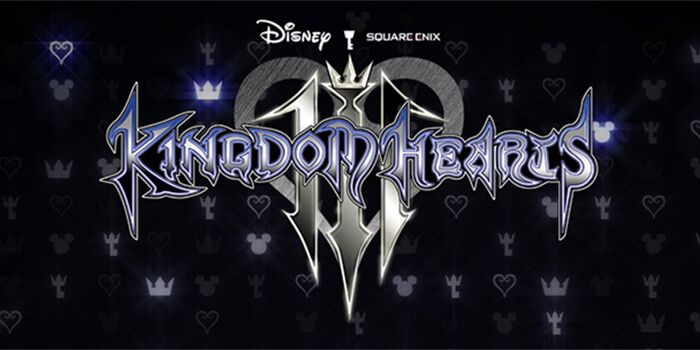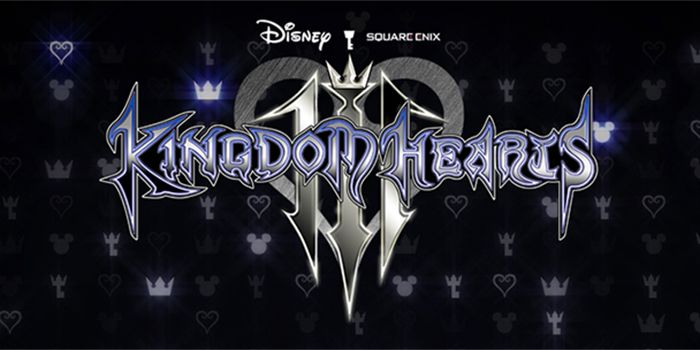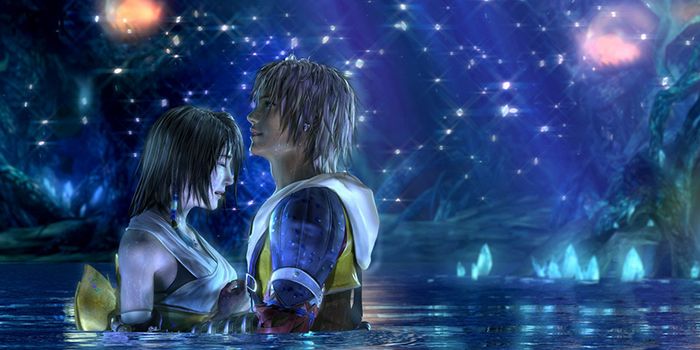Nostalgia is a powerful force—half of the internet seems to be comprised of 'Only 90s Kids Will Get This' lists—so it's no wonder we're seeing a rise in classic game remakes, remasters, and sequels. Thanks to new hardware and better graphics capabilities, childhood favorites like Grim Fandango and The Legend of Zelda: Majora's Mask are being easily polished and repackaged for gamers (both old and new). Metal Gear Solid V and Kingdom Hearts are two examples of long-awaited sequels slated for release this year.
The problem with this trend is that we're seeing far more remakes, remasters, and sequels than we are new IPs. Of the top ten bestselling games of 2014, only two were new titles: Destiny and Watch Dogs. Many sequels implement new mechanics to revitalize gameplay, and there's clearly a demand for remastered favorites, but some important questions remain: are all these sequels and remakes a sign that the industry is in a creative rut? Are too many new IPs being sacrificed for the sake of nostalgia?
Sequels and Remastered Classic Games Bank On Nostalgia
Sequels dominated the top ten best selling games of 2014, including Pokémon Alpha Ruby/Omega Sapphire, Call of Duty: Advanced Warfare, as well as the long-awaited sequel to Bayonetta. Most of these games were celebrated, and for good reason; improvements were made to the beloved IPs, keeping the innovation flowing. But titles like Pokémon continue to reuse the same essential plot, tweaking the names of the enemies and only slightly changing the storyline. We've come to expect and enjoy that familiarity from a Pokémon game, but simply creating more and more Pokémon isn't the most creative path for the series to take.
It's not just sequels, either. Last year also saw the release of remastered editions of The Last of Us, Final Fantasy X/X-2, and Halo, and two of the best-reviewed games of the year were remastered editions of 2013 games. There's nothing wrong with remastering games, particularly not when graphics have come so far, but as more developers choose to rework old games for new audiences, we stand to lose out on creative new projects.
It's especially disappointing to see developers completely halt new titles while they revisit old ones, as BioWare announced they were doing with Shadow Realms. There is a variety of reasons to prioritize one title over another—timelines, success, demand, or a loss of direction or funding on a new title—but it's disheartening to see nonetheless.
BioWare isn't the only studio where this has happened. When God of War studio Sony Santa Monica laid off workers, one of the employees confirmed that development of a new IP was canceled to continue the God of War series. Similarly, when Black Tusk Studios was handed the Gears of War franchise, their work on an original IP took a back burner.
When developers need to cut something, original IPs are typically the first to go. As Braid developer, Jonathan Blow pointed out on Twitter after the Sony Santa Monica layoffs, "Game publishers like to talk about how new IPs are scary and risky and usually not worth it...but this is clearly poor thinking, because every single megablockbuster franchise, that Mr. Business Suit Guy would rather put the money toward, was once a new IP."
What Does This Mean for Gamers?
It's not that innovation has disappeared entirely from the gaming industry; plenty of AAA developers are improving their popular franchises with new mechanics and storylines. But while Assassin's Creed was once an exciting new IP, it's become familiar and safe for both Ubisoft and gamers. Ubisoft knows the games will sell, and gamers know how the games are going to play before they're even released.
Many of the minds that created the most exciting new IPs of the past ten years are now working on sequels that, sadly, are more about rehashing old content than inventing new material. That's a loss for everyone, no matter the reasons why. An increase in indie titles also suggests that more creative devs have moved away from AAAs in order to pursue innovative or experimental indie IPs. Over time, this could be bad news for big-budget innovation.
If AAA developers continue focusing on remakes of classic games, and phasing out innovative new IPs, gamers will have to turn elsewhere for imaginative new content. Fortunately, Steam, Humble Bundles, and itch.io are making that a whole lot easier to do. Classic games will always have a place in our hearts, but we crave originality, too. Only time will tell if AAA devs are willing to provide it.




